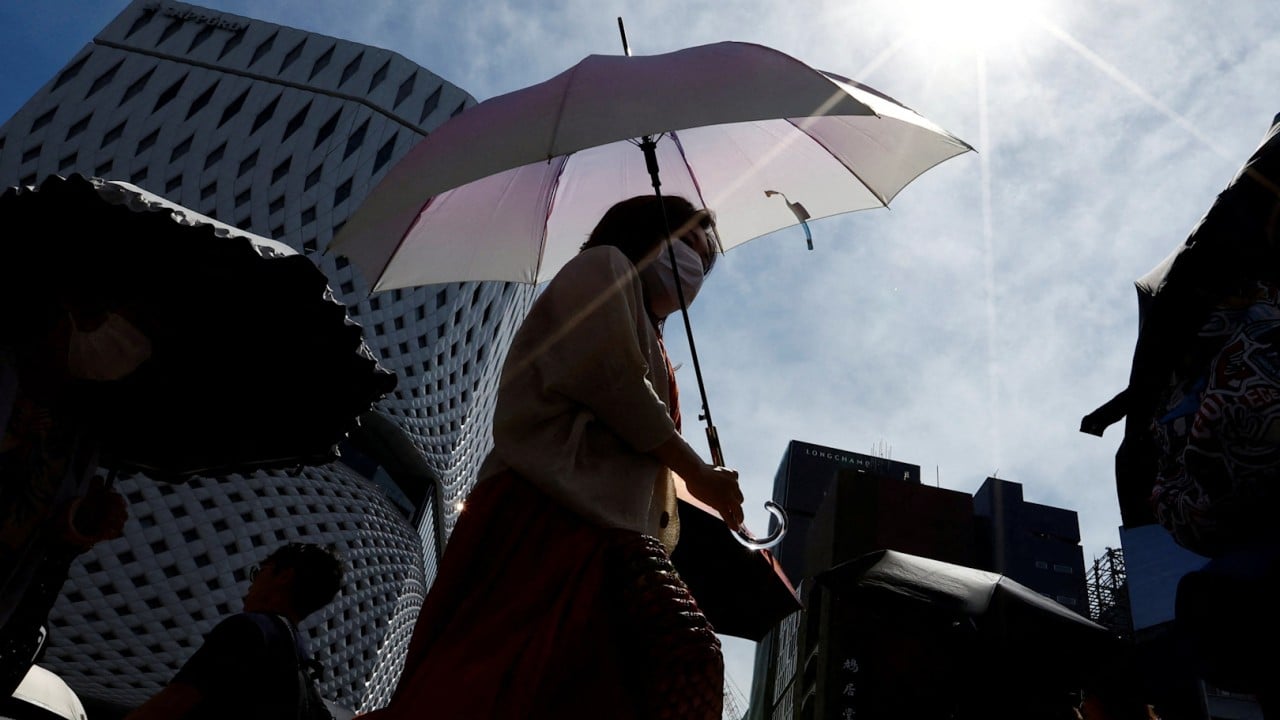A devastating heatwave has claimed a record number of lives in Tokyo this summer, despite increased government efforts to warn the public about heat-related risks, highlighting the vulnerability of elderly residents and the growing risks posed by rising global temperatures.
Advertisement
According to official data, 252 people died of heatstroke in Japan’s capital city between the start of June and the beginning of September, with most cases involving elderly people found dead in their homes with the air conditioning turned off. It exceeds the previous record of 251 heatstroke-related deaths in Tokyo for all of last year.
The high number of deaths comes despite the government introducing a new heatstroke alert system in April that issued warnings in 58 areas across the country and a summer-long campaign to encourage people to take precautions, including drinking lots of fluids, staying out of direct sunlight whenever possible and using air conditioning at home.
A breakdown of the death toll provided by the Tokyo Medical Examiner’s Office indicates that the elderly were most at risk, with people in their 80s accounting for 98 of the 252 deaths in Tokyo. Of the other fatalities, 82 were in their 70s, 32 were aged 90 or older and 27 were in their 60s, the Mainichi newspaper reported.
Most of those whose died – 241 – were indoors and 215 either lacking air conditioning or choosing not to use it, indicating that many older adults on fixed incomes are hesitant to incur higher electricity bills.

